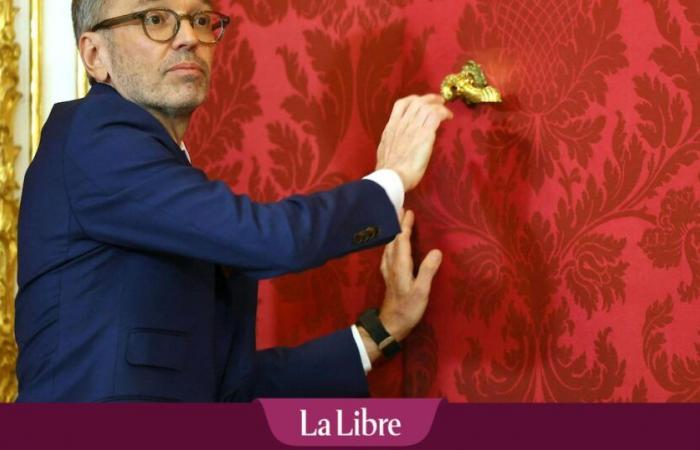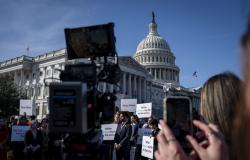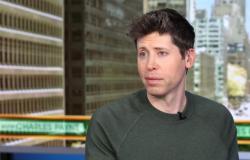
This Monday, during a very short statement to the press, the head of state, an opponent of the extreme right, spoke of a “not difficult for him” but assured of wanting to give the country the chance to obtain a government “able to work” and who would have more than 50% of the votes in the lower house.
The FPÖ confirmed its first place in Austria
No “grand coalition” possible
It took a series of unexpected developments for the Austrian president to entrust such a mission to Herbert Kickl, known for his Euroscepticism, his pro-Russian bias, his links with the identity movement and his radical positions on immigration. Starting with the failure last week of coalition negotiations between the classic right-wing ÖVP party of ex-chancellor Karl Nehammer, the social-democratic SPÖ party and the liberal Neos party. A few days later, ÖVP and SPÖ also noted their differences and their inability to form a centrist government together. In the process, Karl Nehammer resigned from his post as chancellor and his post as party president, while his successor Christian Stocker broke a taboo by lifting his veto on coalition negotiations with the very controversial Herbert Kickl.
For President van der Bellen, only two possibilities remained: give the far right a chance to form a government with the classic right or call the Austrians back to the polls. With a risk: seeing the votes of the FPÖ grow again as the polls suggest. This fervent European therefore chose the first solution and, ironically, could be the one who will allow the far right to settle in the chancellery in Vienna. This would be a first since the end of the Second World War.
Expected events
Herbert Kickl could thus soon lead the country, he who during the electoral campaign saw himself in “people’s chancellor”a concept directly derived from Nazi terminology. This prospect aroused strong reactions in the opposition and in the streets on Monday. In front of the national assembly in Vienna, some 500 people demonstrated against the entry of the far right into the chancellery. A large gathering is expected on January 9.
Will the negotiations between the far right and the classic Austrian right be more successful than those which failed last week? A priori yes, because between these two parties, the positions on economics and immigration are quite close. Both rely on a liberal policy, with a reduction in taxes on wealth and inheritance, a reduction in the cost of labor, a tightening of asylum policy and a weakening of social and medical assistance for asylum seekers. The budgetary issue, however, could be more complex, even if both parties want to reduce state spending. The question has become central in a country which is expected to experience a second year of economic recession in a row, and which lives under the threat of the opening of an excessive deficit procedure by the European Commission. Austrian negotiators must send to Brussels, before mid-January, a plan on how they intend to consolidate the state budget, whose deficit reached 3.9% last year.
Austria: conservatives ready to negotiate with the far right to form a government
German concerns
Another possible stone in the shoe of these two parties: foreign policy. If Herbert Kickl is opposed to economic sanctions against Moscow, is an outspoken supporter of the Hungarian Viktor Orban and very critical of the EU, Christian Stocker’s right wants to be a heavyweight in Austria’s European anchoring. Just like President Alexander van der Bellen, who promised this Monday to “ensure constitutional principles and rules”dont “strengthening work with the European Union” and freedom of the press.
Across the border, in Germany, we observe these developments with astonishment tinged with fear. “Austria is an example of what not to do”commented the vice-chancellor, environmentalist Robert Habeck, in reaction to the failure of the coalition talks between the ÖVP, the SPÖ and the Neos. The parallels between the two neighbors are indeed numerous. In Germany, the failure of a tripartite coalition led to early elections for February 23, after which the far right of the AfD could emerge strengthened. “If the center parties are unable to ally themselves and consider compromises like the devil himself, this only benefits the radicals”estimated the environmental leader this Monday.





